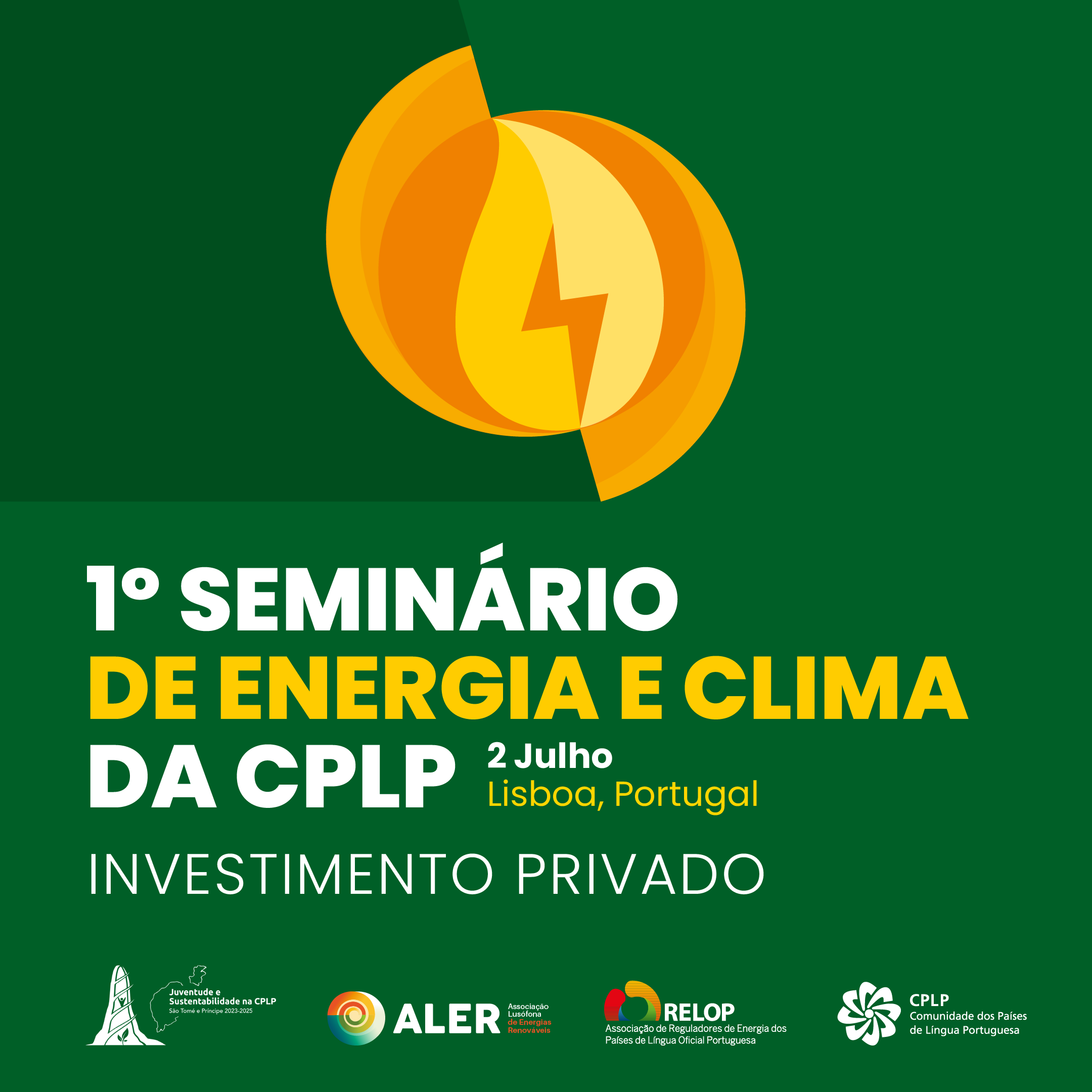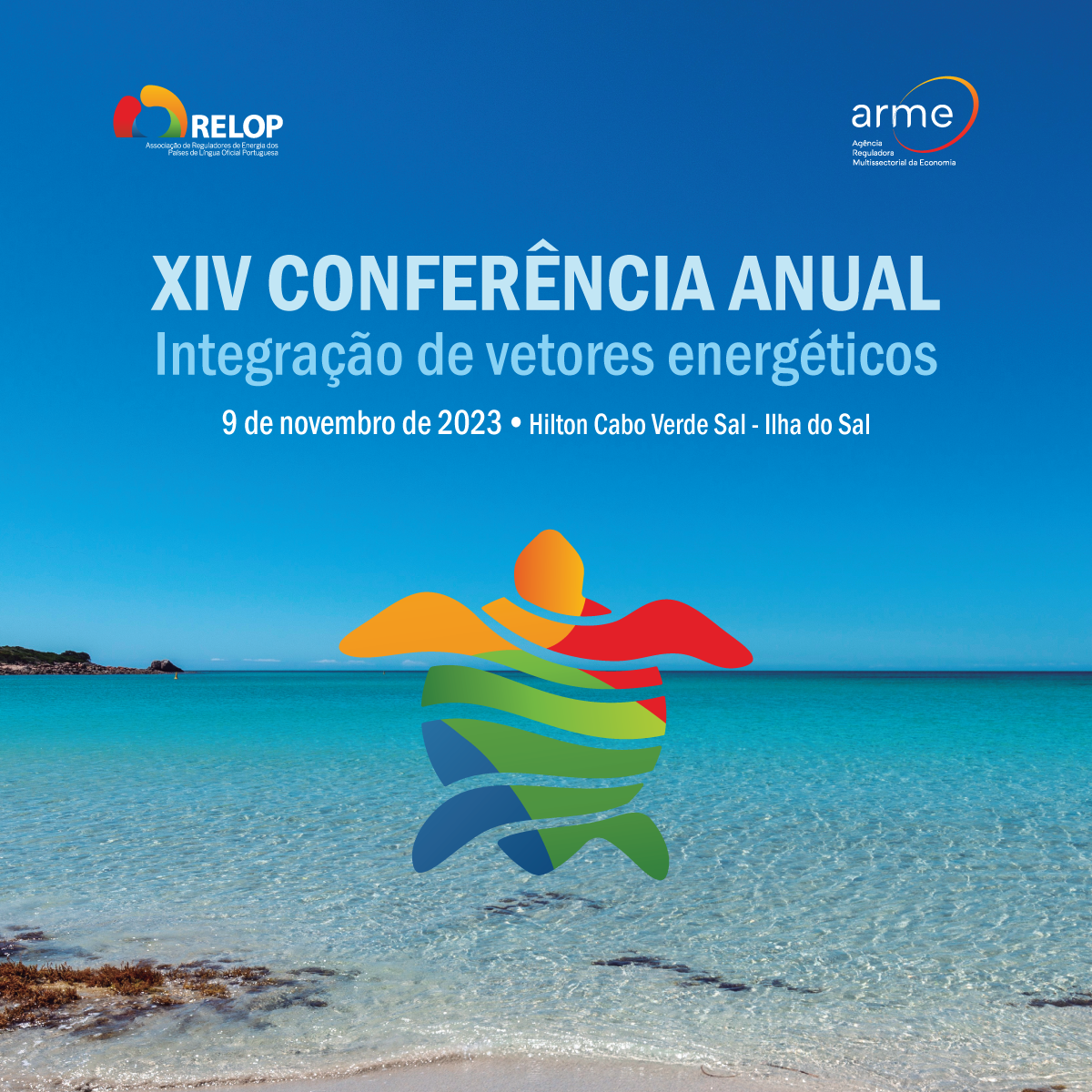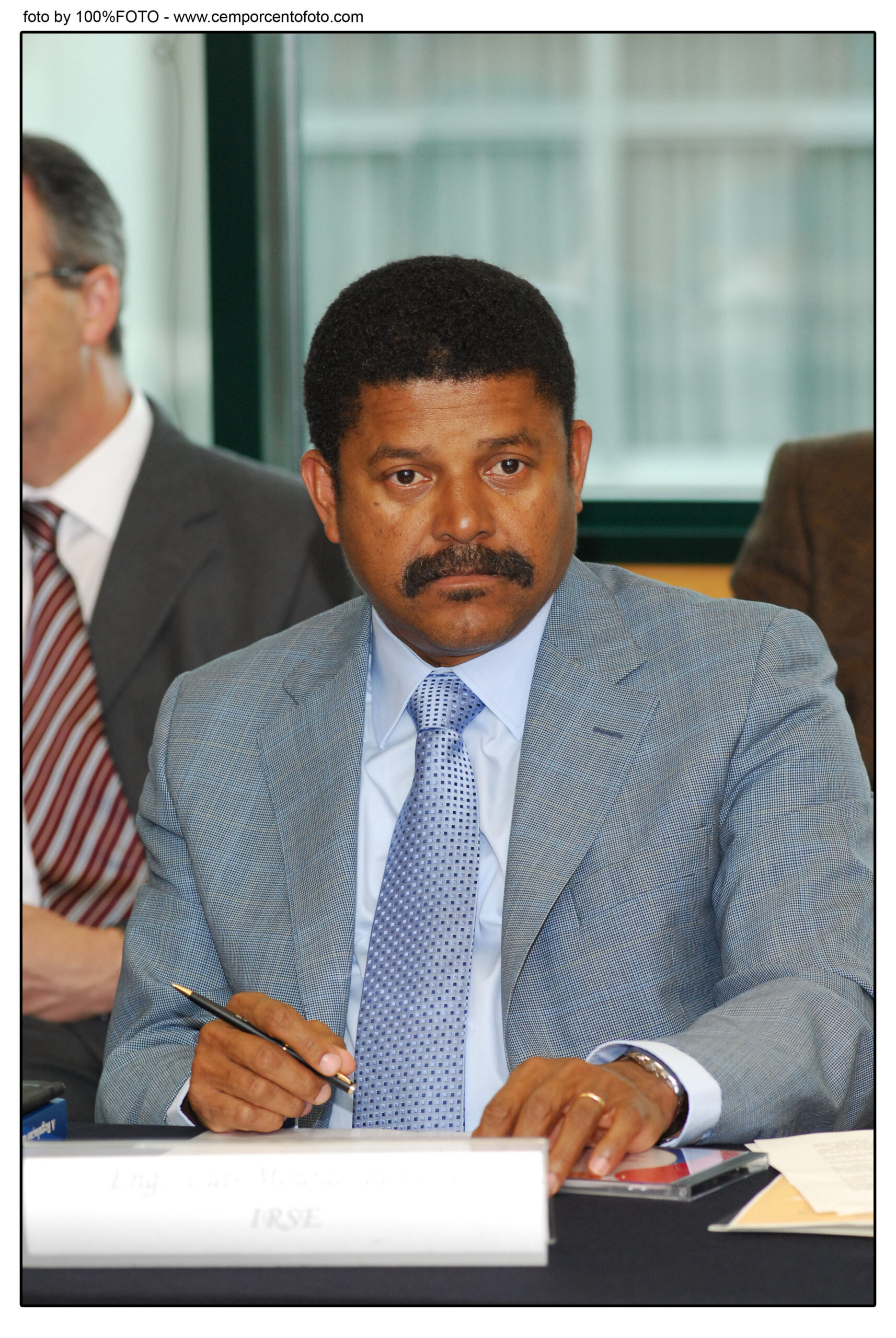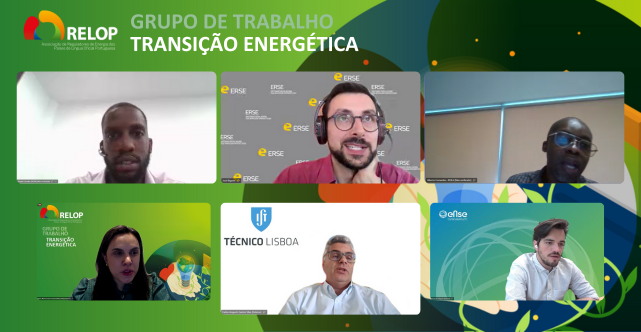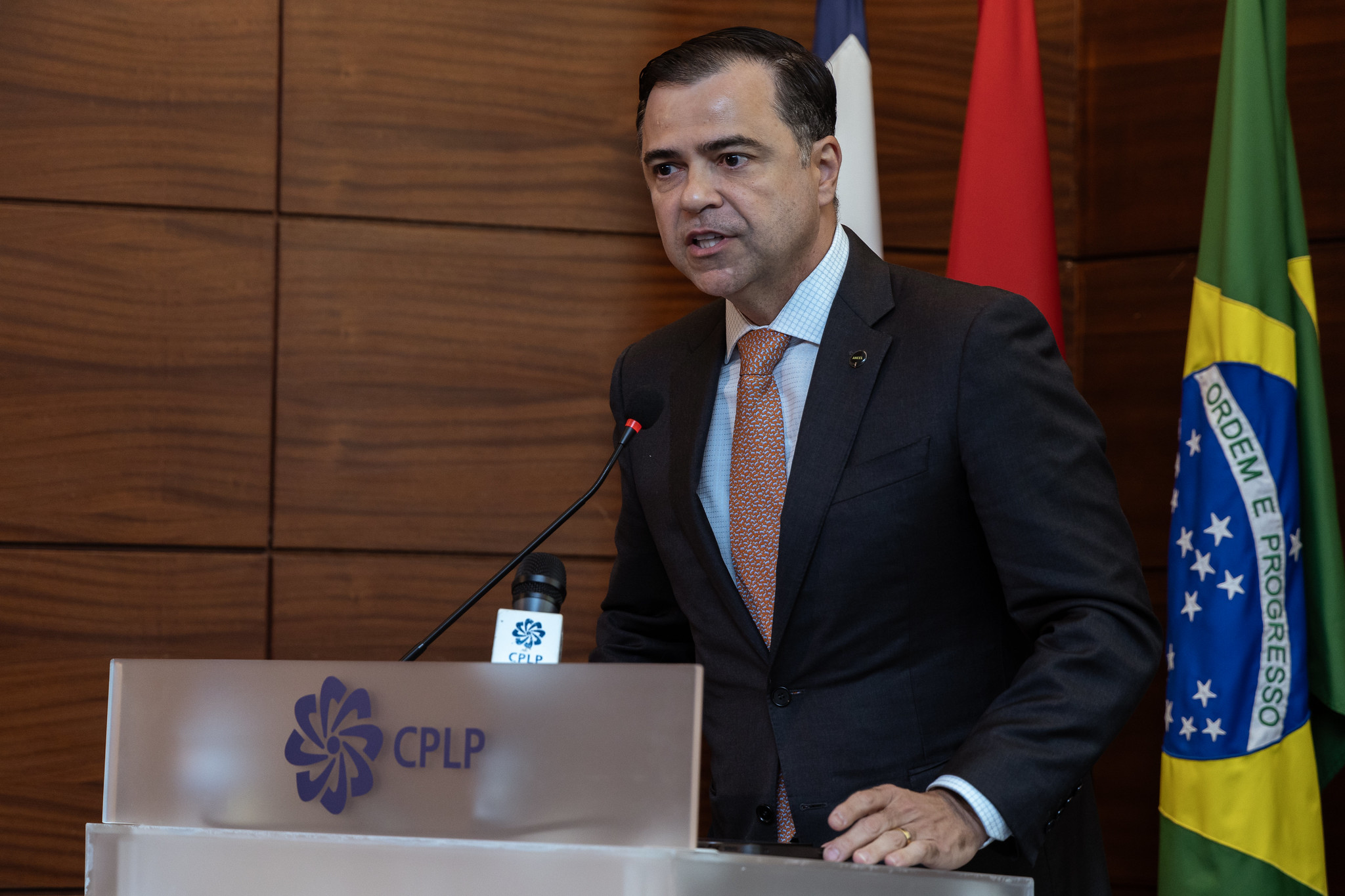On June 23rd, another session of RELOP’s Energy Transition Working Group was held, hosted by ENSE, E.P.E., this time on the subject of “Regulation of hydroelectric power plants: the role of vRES integration and the challenges in building new plants”.
The workshop, held via videoconference, brought together around 60 participants from various RELOP entities, and promoted a comprehensive reflection on the strategic role of hydroelectric plants in the energy transition.
The session began with a speech by Miguel Alves, from the Infrastructure and Networks Department at ERSE – the Energy Services Regulatory Authority, who highlighted the role of hydroelectric power stations in supporting security of supply and compensating for the variability associated with variable renewable energy sources (vRES). The importance of pumping infrastructures and the need to adapt the regulatory framework to ensure efficient use of the flexibility that these plants offer to the system were discussed.
This was followed by a presentation by António Silva, Coordinator of the Quality of Service Provision Area at IRSEA – Angola’s Electricity and Water Services Regulatory Institute, who explained the framework of the Angolan electricity sector, highlighting the country’s efforts to transition to a more sustainable matrix. He also highlighted the challenges of integrating renewables into a predominantly hydroelectric system and the importance of regulation in making medium and large-scale power plant projects viable.
Luís Brandão, from the Engineering Department of EDP – Energias de Portugal, brought a technical perspective, sharing EDP’s experience in modernizing and expanding its hydroelectric plants, namely the reversible pumping project in Alqueva. He also stressed the importance of market instruments and public policies to ensure the attractiveness of investment.
Finally, Christian Figueiredo, Lawyer at ABRAGE – the Brazilian Association of Electricity Generating Companies, presented the main challenges and opportunities facing the Brazilian hydroelectric sector, where hydroelectric plants continue to play an essential role in guaranteeing energy security and facilitating the integration of renewables. It emphasized the need to review the operating and remuneration models, as well as to strengthen cooperation between the sector’s players.
The workshop highlighted the importance of hydroelectric power plants in the current context of energy transition, namely due to their ability to store kinetic energy, offer system services and, above all, their high capacity to regulate variations in demand, unlike wind and solar sources which are not as effective at responding quickly to peaks in consumption and stabilizing the electricity system.
Sharing experiences between countries has strengthened RELOP’s role as a platform for technical and institutional cooperation, contributing to more effective and resilient regulation.
Meanwhile, the work of this Working Group’s workshops will take a break until September 23, when it will return with the theme “Scenarios of different carbon footprints: understanding the different origins of CO₂ emissions in the countries involved and exploring viable solutions to minimize the effects”.
A partilha de experiências entre países reforçou o papel da RELOP como plataforma de cooperação técnica e institucional, contribuindo para uma regulação mais eficaz e resiliente.
Entretanto, o trabalho dos workshops deste Grupo de Trabalho irá fazer uma pausa até ao próximo dia 23 de setembro, onde regressará com o tema “Cenários das diferentes pegadas carbónicas: compreender as diferentes origens das emissões de CO₂ nos países envolvidos e explorar soluções viáveis para minimizar os efeitos”.
